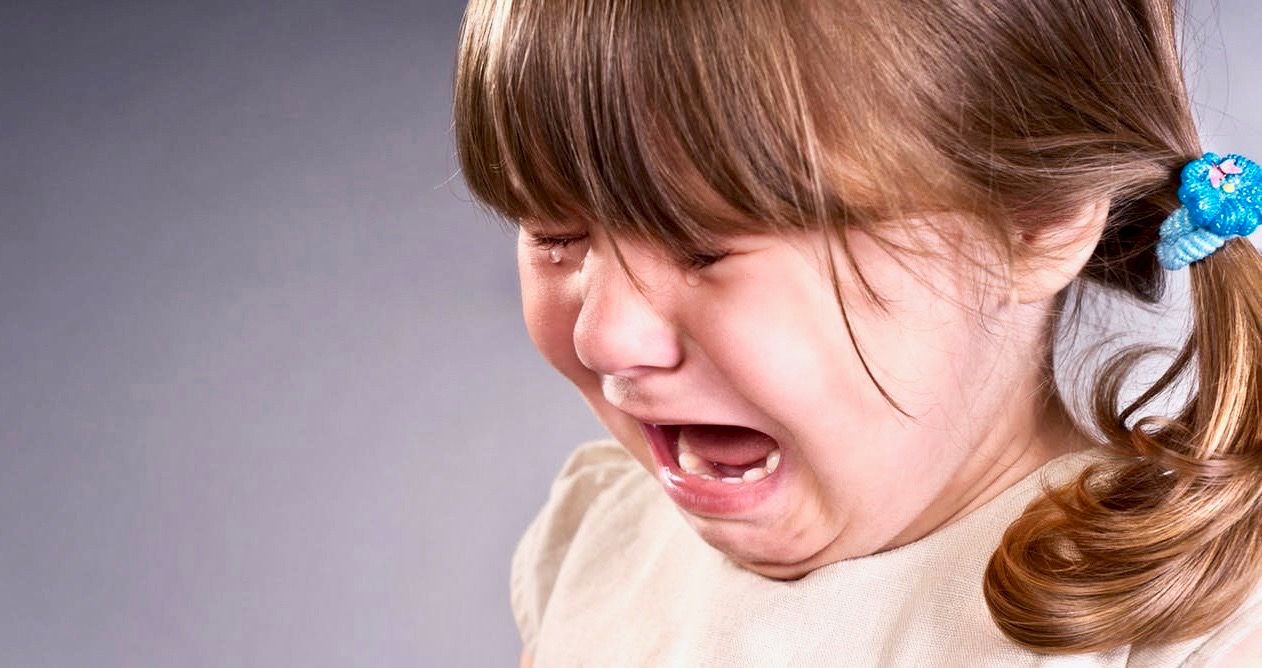According to the American Academy of Pediatrics, parents who spank their kids to get their attention or discipline them may reinforce bad behavior and cause long-term harm. The academy states that corporal punishment only serves to make kids more aggressive and may impact their mental health.
“Experiencing corporal punishment makes it more, not less, likely that children will be defiant and aggressive in the future,” the academy says in its new guidelines to pediatricians.
“There’s no benefit to spanking,” said Dr. Robert Sege of Tufts Medical Center in Boston, who helped write the guidelines. “We know that children grow and develop better with positive role modeling and by setting healthy limits. We can do better.”
The academy reiterates that verbal abuse and humiliation are counterproductive. “Parents, other caregivers, and adults interacting with children and adolescents should not use corporal punishment (including hitting and spanking), either in anger or as a punishment for or consequence of misbehavior, nor should they use any disciplinary strategy, including verbal abuse, that causes shame or humiliation,” the academy says.
"Within a few minutes, children are often back to their original behavior. It certainly doesn’t teach children self-regulation," Sege told NBC News. "Techniques such as time out and other effective forms of punishment, the goal is to teach the child to regulate herself, so that she will have the ability to control and manage her own behavior. And that’s what it really is all about."
Americans, however, still use corporal punishment as a form of punishment. According to a 2004 survey, roughly two-thirds of parents of young children reported using some sort of physical punishment. Parents who use corporal punishment have stated that by fifth grade, 80 percent of children had been physically punished, and 85 percent of teenagers reported being subjected to physical punishment, with 51 percent having been struck with a belt or other object.
In 2013, a Harris Interactive poll found that 70 percent of parents believed that “good, hard spanking is sometimes necessary to discipline a child,” compared to 84 percent of parents in 1986.
"If you limit your surveys to people who have a child aged 5 years and younger in their homes, who are a new generation of parents, most of them don’t like to spank their children and often don’t spank their children," Sege said. "We think there’s a generational shift where today’s parents are much less likely to spank their children than their parents were."
One group that studied parents at home found that most warned their kids verbally before hitting them, although they did not wait very long. “Corporal punishment then occurred at a mean of 30 seconds later, suggesting that parents may have been ‘responding either impulsively or emotionally rather than instrumentally and intentionally,’” the group said. “The effects of corporal punishment were transient: within 10 minutes, most children (73 percent) had resumed the same behavior for which they had been punished.”
Experts say that physical punishment simply worsens long-term behavior. “Children who experience the repeated use of corporal punishment tend to develop more aggressive behaviors, increased aggression in school, and an increased risk of mental health disorders and cognitive problems,” Sege said.
Parents who strike their children may be masking problems of their own. Sege said that parents who suffer from depression use physical punishment more often. Also, financial challenges, mental health issues, domestic violence and substance abuse all are linked to increased reliance on physical punishment.
“One small report suggested that parents who themselves have a history of trauma are more likely to use corporal punishment than other parents,” he added.
The academy recommends establishing a positive, nurturing and loving relationship with a child, which will result in good behavior. They also recommend using positive reinforcement to influence a child’s behavior. Time outs are also said to be useful.
“Discipline older children by temporarily removing favorite privileges, such as sports activities or playing with friends. If you have questions about disciplining your children, talk with your pediatrician,” the academy said.
RELATED: Pediatrician Dubbed The ‘Dancing Doc’ Helps Kids Heal With Cheer
The vast majority of pediatricians recommend discipline that does not involve hitting children or forcing them to eat spices, washing their mouths out with soap or other forms of abuse. Only six percent of the 787 US pediatricians surveyed sanctioned spanking, and only 2.5 percent actually thought it did any good.

